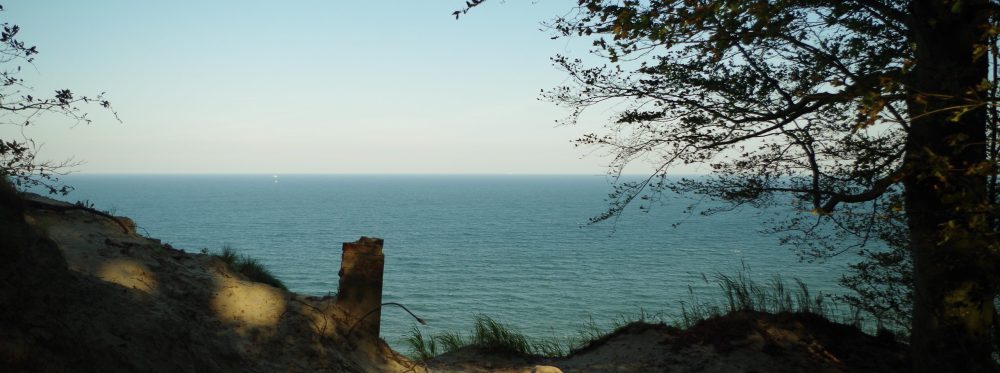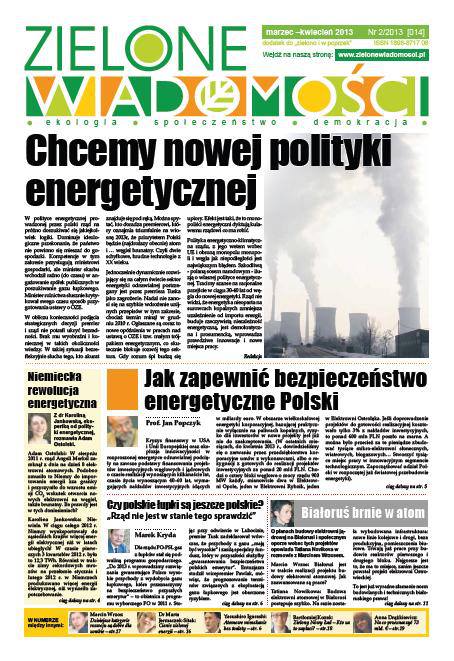 Published in Biuletyn Niemiecki 29.08.2013, nr 39.
Published in Biuletyn Niemiecki 29.08.2013, nr 39.
Europejskie spoleczenstwo zapobiegania odpadom i odzysku surowcow: doswiadczenia z Niemiec, wyzwania dla Polski
Coraz mniej odpadow komunalnych – choc nie wszedzie
Wedlug danych Eurostatu w 2011 r. ilosc wytworzonych odpadow komunalnych w Unii Europejskiej (UE) czwarty rok z rzedu byla nizsza od roku poprzedniego i wyniosla 253,1 mln ton. Jest to o ok. 1,3 mln ton mniej niz w 2007 r., ktory byl rokiem rekordowym. Przecietny mieszkaniec UE wytworzyl w 2011 r. 503 kg odpadow. W Polsce ilosc wytworzonych odpadow komunalnych w 2011 r. wzrosla w porownaniu z 2010 r. z ok. 12,04 do ok. 12,13 mln ton. W 2011 r. przecietny mieszkaniec Polski wytworzyl okolo 315 kg odpadow komunalnych.
Wyzwaniem jest jednak nie tylko ilosc odpadow, ale rowniez metody postepowania z nimi. Obecnie ponad polowa odpadow (ok. 57%) jest albo spalana, rowniez do celow energetycznych, albo skladowana na wysypiskach smieci, reszta jest poddawana roznego rodzaju procesom odzysku. W Polsce ponad 70% odpadow jest skladowanych, 1% jest spalany, a jedynie ok. 11% jest poddawanych recyklingowi. Pod koniec 2011 r. funkcjonowalo w Polsce 578 kontrolowanych skladowisk przyjmujacych odpady komunalne, jednak rownolegle dzialalo az 2539 wysypisk dzikich. Skladowanie odpadow w jakiejkolwiek formie wiaze sie jednak z negatywnym wplywem na srodowisko oraz zdrowie i jakosc zycia czlowieka poprzez zanieczyszczenie powietrza, wody i gleby, a takze emisje metanu.

